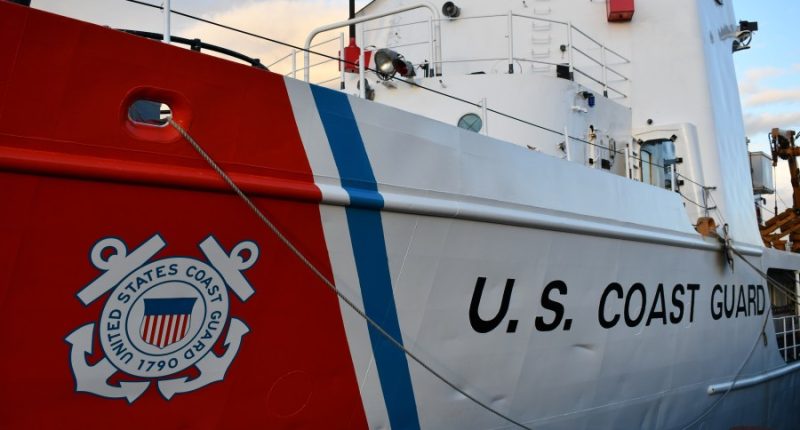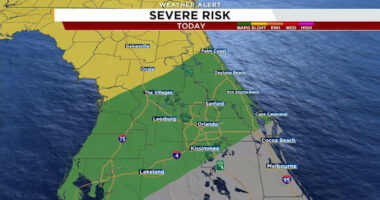Share this @internewscast.com

SAN DIEGO (FOX 5/KUSI) Boating season has arrived in San Diego, but federal officials are urging the public to be wary of illegal charter operators after the U.S. Coast Guard stopped one such “pleasure craft” last week.
According to the Coast Guard, crews encountered the 26-foot vessel on Saturday, May 3, off the coast of San Diego. At the time, a boarding team was conducting a safety inspection of the boat, which was carrying 10 passengers and one non-credentialed crew member.
Upon further inspection, the Coast Guard crew determined the boat was being used as a charter vessel without meeting a number of key requirements for commercial boating operators.
This included not having an appropriately credentialed mariner on board, failure by the operator to be enrolled in a drug and alcohol testing program, and the lack of a valid Certificate of Inspection from the Coast Guard.
Any violations of regulations guiding charter boat operations can carry hefty civil and criminal penalties for proprietors and operators, including fines anywhere from $5,996 to $22,647, depending on the infraction.
Heading into the thick of boating season, here are some things the Coast Guard says to ask the skipper of a charter vessel about to ensure it is safe and legal to take out on the water:
- Captain’s credentials and the ship’s documentation: The Coast Guard requires captains to have a Merchant Mariners’ License to take paying passengers out on the water. Boats carrying more than six people are also required to have a Certificate of Inspection from the maritime agency. These documents are expected to be on board.
- Proof of enrollment in a drug and alcohol testing program: All charter outfits, regardless of size and how many passengers they carry on their ships, are required by the Coast Guard to have a drug and alcohol testing program for their employees. Proof, however, can come in a handful of different forms, such as a letter from a third-party administrator or a wallet-sized enrollment card.
- Safety plan: Asking about the ship’s safety plan can give insight into whether the boat has all the appropriate equipment on board, such as life jackets and fire extinguishers. Vessel operators are also recommended to file something called a “float plan” with an on-shore individual, which details the trip’s route, duration and passenger list in case of emergency.
- What if it’s a bareboat charter? Bareboat charters, meaning those where the people renting the boat are able to sail it themselves, have a different set of rules attached. For businesses that operate these charter trips, no more than 12 passengers are allowed on board, not including any crew that may be provided. Charterers must be allowed to choose their own captain on these trips and the vessel’s registered owner cannot be onboard as they take it out and about.
To report potentially unlawful charters, Coast Guard officials encourage people to report it to the San Diego Joint Harbor Operations Center at 619-278-7033 or by sending in a tip through the Coast Guard Investigative Service Tips app.














